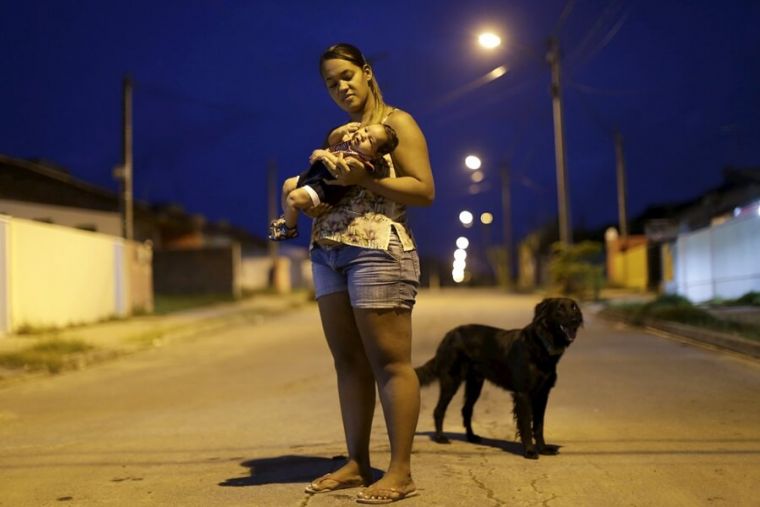WHO declares global health emergency as Zika virus spreads rapidly; infection could be worse than Ebola

The entire world is now officially facing a health emergency.
The rising cases of the mosquito-borne Zika virus infection have prompted the World Health Organisation (WHO) to declare on Monday a "public health emergency of international concern," stating that medical experts are still struggling to find a way to stop it from infecting more people.
Senior medical experts said over the weekend that the Zika virus could pose a bigger threat to the human race compared to the Ebola epidemic, which killed more than 11,000 people in Africa.
The WHO deemed it necessary to declare a worldwide health emergency due to the large area potentially affected by the Zika virus, and because of the speed at which the virus is spreading around the world after having originated from South America, particularly Brazil.
The international health agency also expressed alarm over reports that the Zika virus is linked to a mental deformity which causes infants to have abnormally small heads.
This neurological condition, however, has yet to be conclusively linked to the Zika virus, which is transmitted by the Aegis aegypti mosquito—the same insect carrying dengue and yellow fevers.
Worse, no vaccine, drug or reliable diagnostic tests have been discovered to stop the rapid spread of the Zika virus. A population immune to this new health menace has also yet to be identified, further prompting the WHO to declare the health emergency.
The International Health Regulations Emergency Committee in Geneva, Switzerland met for the first time this week to discuss how to address the spread of Zika virus infection. After this meeting, WHO director-general Dr. Margaret Chan, the WHO director-general, described the virus as a major problem.
"Members of the committee admit that the situation meets the conditions for a public health emergency of international concern," Chan said, as quoted by CNN.
"I have accepted this advice. I am now declaring that the recent cluster of microcephaly and other neurological abnormalities reported in Latin America following a similar cluster in French Polynesia in 2014 constitutes a public health emergency of international concern," she added.
In an article posted on NewsMax, Derek Gatherer, a lecturer at Lancaster University, compared the WHO's decision to "a declaration of war, in this case on Zika virus."
The head of the United States' Centers for Disease Control and Prevention (CDC), Thomas Frieden, meanwhile said the declaration "calls the world to action" against the Zika virus.
Last week, the WHO already expressed concern over how the Zika virus is "spreading explosively" in the Americas, with as many as 3 million to 4 million infections possible this year.











